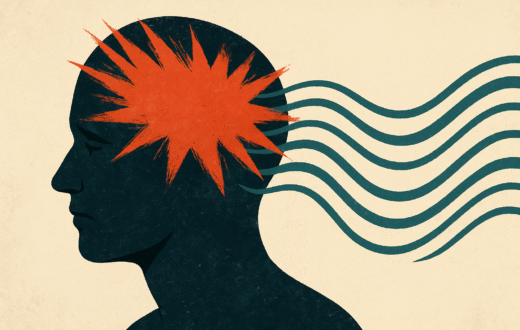Psychosocial Physiotherapy Syndrome: An Academic Scientific Perspective

Psychosocial physiotherapy syndrome is an important part of clinical psychology topics, as it is related to the study of the interaction between psychosocial factors and their impact on an individual’s mental and physical health. Clinical psychology is concerned with the treatment of mental disorders and mental aspects of physical illness, and represents one of the basic branches of psychology, as it contributes to improving the health of the individual through behavioral and cognitive interventions and physiotherapy.
In modern psychology and psychiatry, the terms “medical psychology” and “clinical psychology” are often used interchangeably, but some academics and specialists distinguish between them in some countries, such as the United Arab Emirates and Russia. Psychosocial physiotherapy syndrome is an example of this interplay between psychosocial and physical factors, which contributes to building a broad knowledge base that helps to understand the complex interaction between these factors and their impact on public health.
Definition of psychosocial physiotherapy syndrome Psychosocial Therapy Syndrome is a theoretical and therapeutic framework based on the use of psychological and social techniques to deal with symptoms resulting from psychological and social tensions. It is based on the idea that physical illnesses cannot be understood or treated without considering the psychosocial impacts affecting the patient, so physiotherapy alone may be insufficient to achieve full recovery.
The syndrome aims to provide an integrated framework that includes elements of cognitive behavioral therapy and psychosomatic therapy, as well as social interventions geared towards improving the quality of life of patients. Since psychosocial aspects represent a large part of the factors that cause psychological stress, the application of this framework can contribute to reducing symptoms and improving the overall health of patients.
Components of psychosocial physiotherapy syndrome Psychosocial physiotherapy syndrome includes a set of components that help improve the psychological and physical condition of individuals, including:
- Psychological interventions: aim to improve the mental health of individuals through cognitive-behavioral interventions, which aim to change negative thought patterns and better deal with psychological stress.
- Social interventions: focus on improving the social relations of individuals and strengthening the social network, as social support is an important factor in improving the psychological and physical state.
- Physiotherapy: includes techniques such as massage and physical exercises that contribute to reducing stress and improving the general condition of the body.
- Integration between the soul and the body: It is concerned with understanding the interaction between the psychological and physical state, as understanding this interaction is important in reaching a comprehensive improvement of the individual’s health.
Applications of psychosocial physiotherapy in modern medicine Psychosocial physiotherapy is widely used in the treatment of mental disorders associated with physical illnesses, such as chronic pain, sleep disorders, and digestive disorders that may be caused by anxiety and stress. This syndrome works by providing a personalized treatment program that helps the patient better deal with the psychological and social factors that affect his disease.
For example, treatment may include improving an individual’s social skills to overcome social isolation, and increasing patient awareness of the relationship between anxiety and the physical symptoms they feel. Thus, treatment outcomes are improved and dependence on sedative drugs is reduced.
The role of clinical psychology in psychosocial physiotherapy syndrome Clinical psychology represents an important scientific framework for the application of psychosocial physiotherapy syndrome. By providing academic content based on psychological and medical knowledge, specialists can provide therapeutic interventions in a scientific and thoughtful manner. Clinical psychology makes use of this syndrome to provide effective treatment methods that contribute to improving the quality of life of patients and alleviating physical symptoms associated with psychological and social factors.
Research indicates that the use of psychosocial physiotherapy techniques contributes to achieving positive results on the health of patients, as clinical psychology, through its tools and techniques, is a key tributary in improving therapeutic outcomes, especially when appropriate social and family support is available.
Psychosocial physiotherapy syndrome is an important addition in the field of clinical psychology and medical psychology, where the importance of the interaction of psychosocial factors with the physical aspects of disorders is highlighted. This therapeutic framework contributes to a holistic approach to improving the overall health and psychological well-being of the individual, reflecting the importance of developing multifaceted therapeutic approaches based on a strong scientific foundation.





